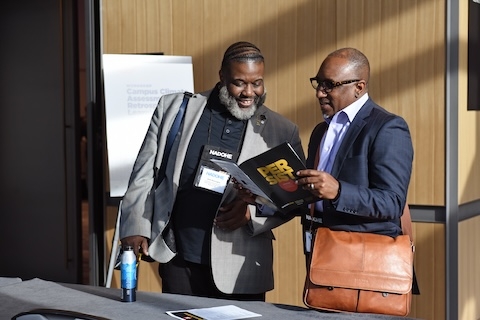These resources are intended to be valuable tools for NADOHE members in responding to challenges posed to college and university diversity, equity, inclusion and belonging efforts.
Log in to access the many legislative resources available to you as a member of NADOHE. General Resources are available here.

